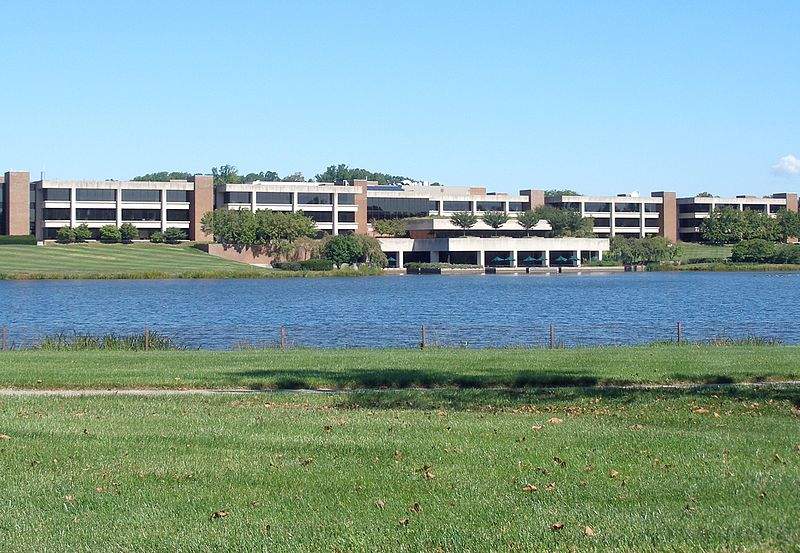

UK’s CN Bio Innovations has licenced a Hepatitis B drug discovery programme from Bristol-Myers Squibb Company.

Discover B2B Marketing That Performs
Combine business intelligence and editorial excellence to reach engaged professionals across 36 leading media platforms.
The programme consists of several series of small-molecule antiviral compounds identified by a Bristol-Myers Squibb screening programme before exiting virology discovery.
They act to inhibit the production of Hepatitis B surface antigen (HBsAg), which causes immune exhaustion.
CN Bio chief executive Dr Emma Sceats said: “We have already successfully used our Organ-on-Chip models to provide data and insights into drug discovery and drug safety programmes for both pharmaceutical and biotech companies.
“The agreement is a significant opportunity as it will allow CN Bio to rapidly develop in-house anti-viral therapies and further advance our Organ-on-a-Chip discovery paradigm.”

US Tariffs are shifting - will you react or anticipate?
Don’t let policy changes catch you off guard. Stay proactive with real-time data and expert analysis.
By GlobalDataUnder the agreement, CN Bio will discover, develop and commercialise the anti-viral compounds to create a combination treatment for chronic Hepatitis B and a monotherapy treatment for Hepatitis D infections.
Hepatitis B, the most common serious liver infection in the world, causes up to 80% of liver cancers.
The aggressive form of hepatitis viral infection Hepatitis D affects more than 15 million people worldwide.
CN Bio will use its liver-on-a-chip model of Hepatitis B infection ‘Quantum-B’ as a bridge to the clinic.
The platform employs human liver cells in a physiologically analogous environment and allows viral replication over several weeks.
Quantum B liver-on-a-chip models recapitulate the structure and microenvironment of the human liver sinusoid and enables the co-culture of human hepatocytes with other cell types such as Kupffer cells, NK and T-cells.
Image: A research campus operated by Bristol-Myers Squibb in Princeton, New Jersey. Photo: courtesy of Coolcaesar at the English language Wikipedia.




